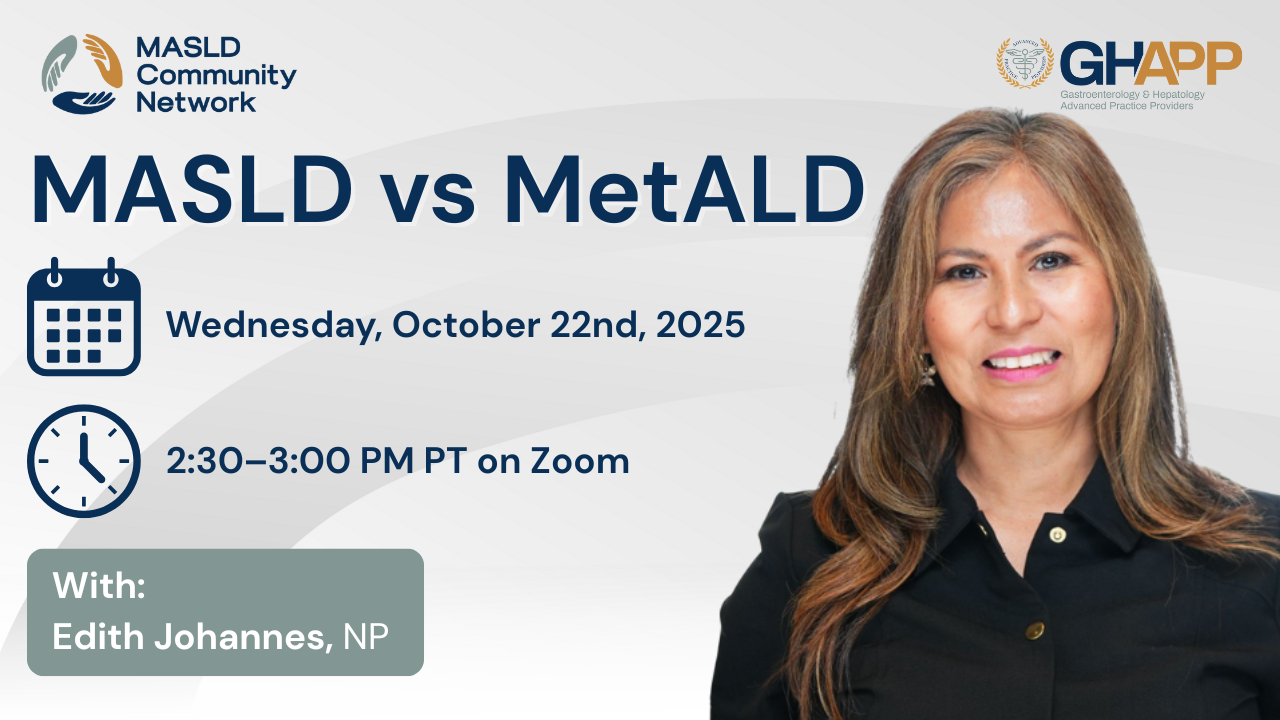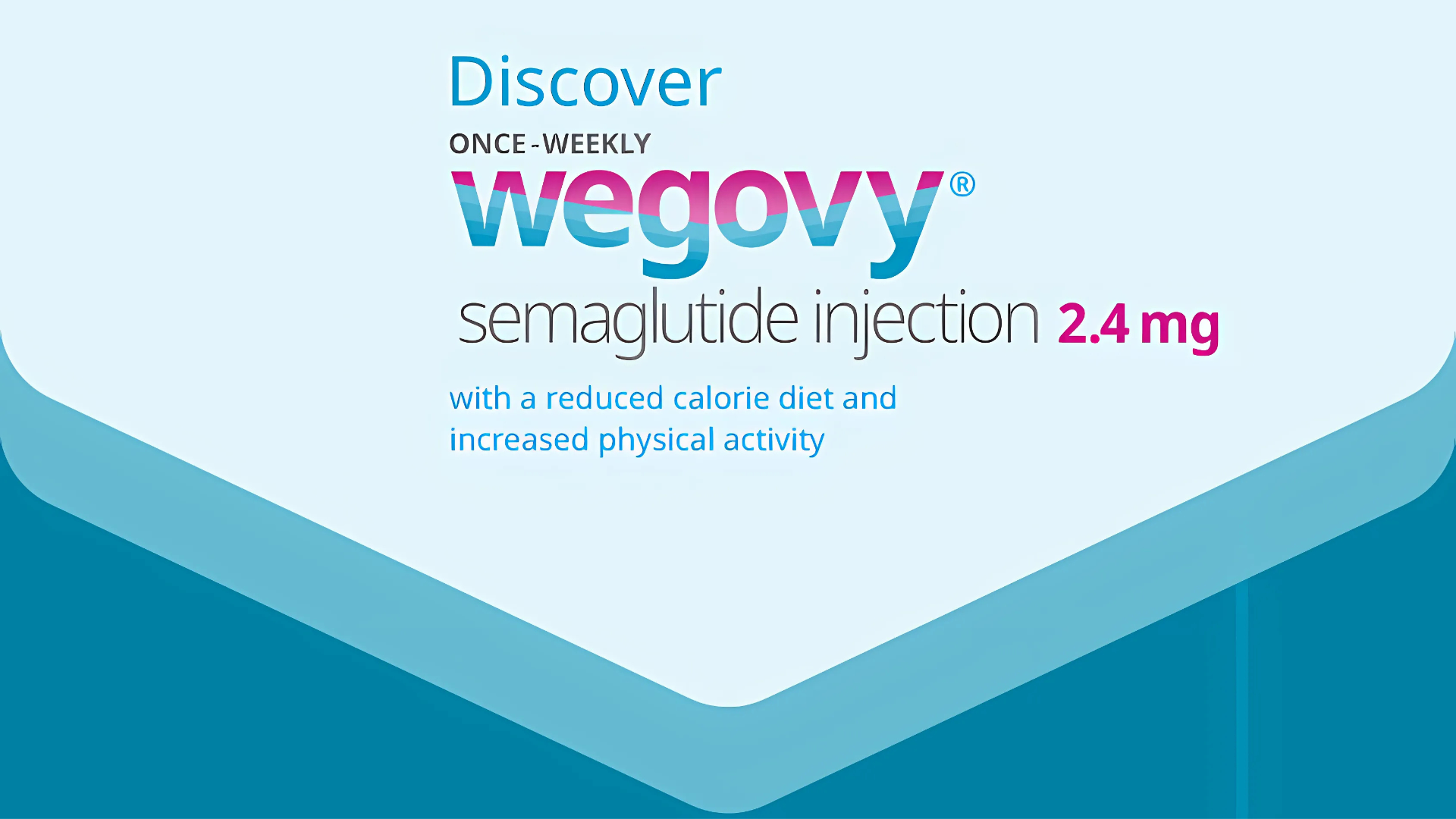
Edith Johannes
NP
Location : Los Angeles, CA, USA
BIO
Edith (Edy) Garcia-Trujillo Johannes received a Bachelors of Science in Nursing from the University of Arizona in 1998 and a Master of Science in Nursing from the University of Pennsylvania in 2006. Edy is a board-certified Acute Care Nurse Practitioner at UCLA Health in the Liver and Small Bowel Transplant and Hepatobiliary Service since 2007. The complexity of managing chronic liver failure in the inpatient setting is what keeps Edy interested in her current position. Edy also enjoys teaching and since 2016 is adjunct faculty for the AGACNP program at CSULA. She is professionally involved locally and nationally through volunteering, precepting, and serving in committees.
MASLD-MASH Content Featuring Edith
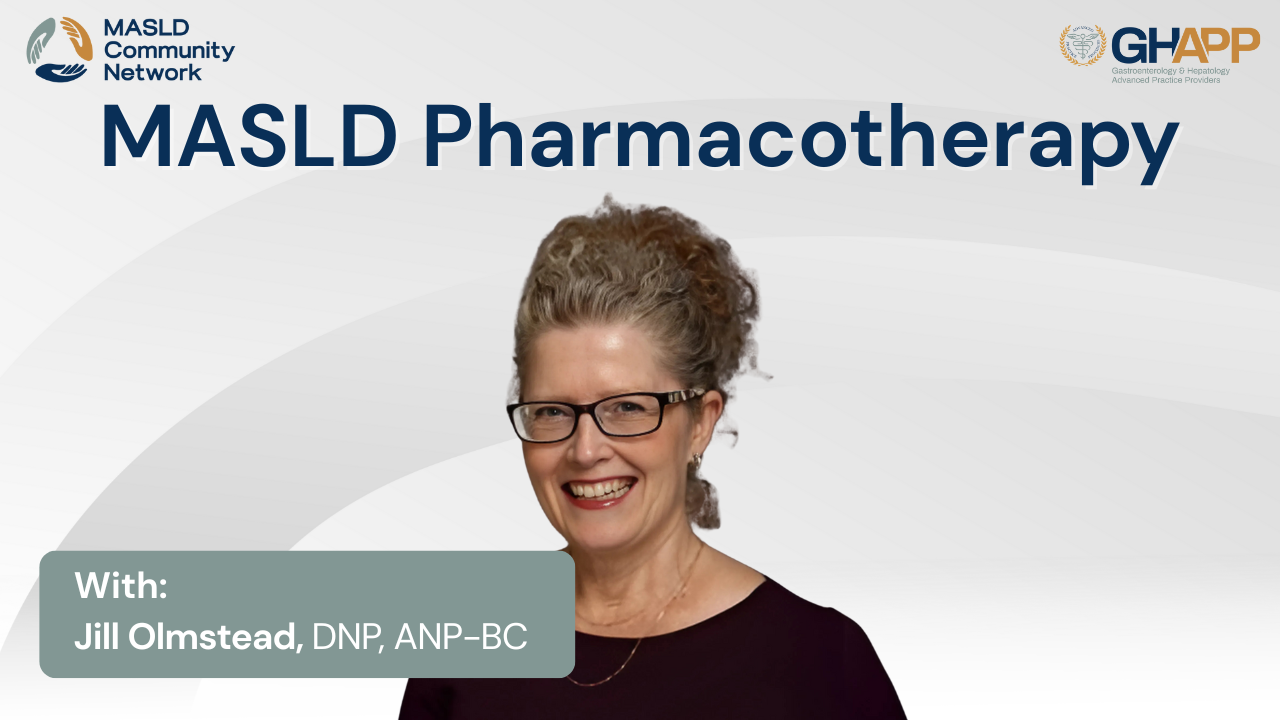
MASLD Pharmacotherapy With Jill Olmstead

Join Jill Olmstead, DNP from Providence Health for a practical, clinician-focused overview of MASLD pharmacotherapy and new treatment horizons for hepatic steatosis. This session in the GHAPP MASLD & MASH Community Network covers the shift in nomenclature, why care must be multidisciplinary (obesity, type 2 diabetes, dyslipidemia, hypertension, cardiovascular risk), and how to stage disease with FIB-4, noninvasive tests, and FibroScan before initiating therapy. Jill reviews lifestyle and weight-loss strategies, GLP-1 receptor agonists—their mechanisms, common GI side effects, and peri-procedure considerations due to delayed gastric emptying—plus where vitamin E and pioglitazone do and don’t fit today. She also walks through practical use of resmetirom for non-cirrhotic MASH with F2–F3 fibrosis (labs to order, monitoring, drug–drug interactions, and setting expectations alongside diet and exercise). If you’re a GI/hepatology clinician, APP, or primary-care partner looking to streamline risk reduction, staging, and evidence-based therapy for MASLD/MASH, this talk delivers step-by-step guidance you can use in clinic today.
Watch Now
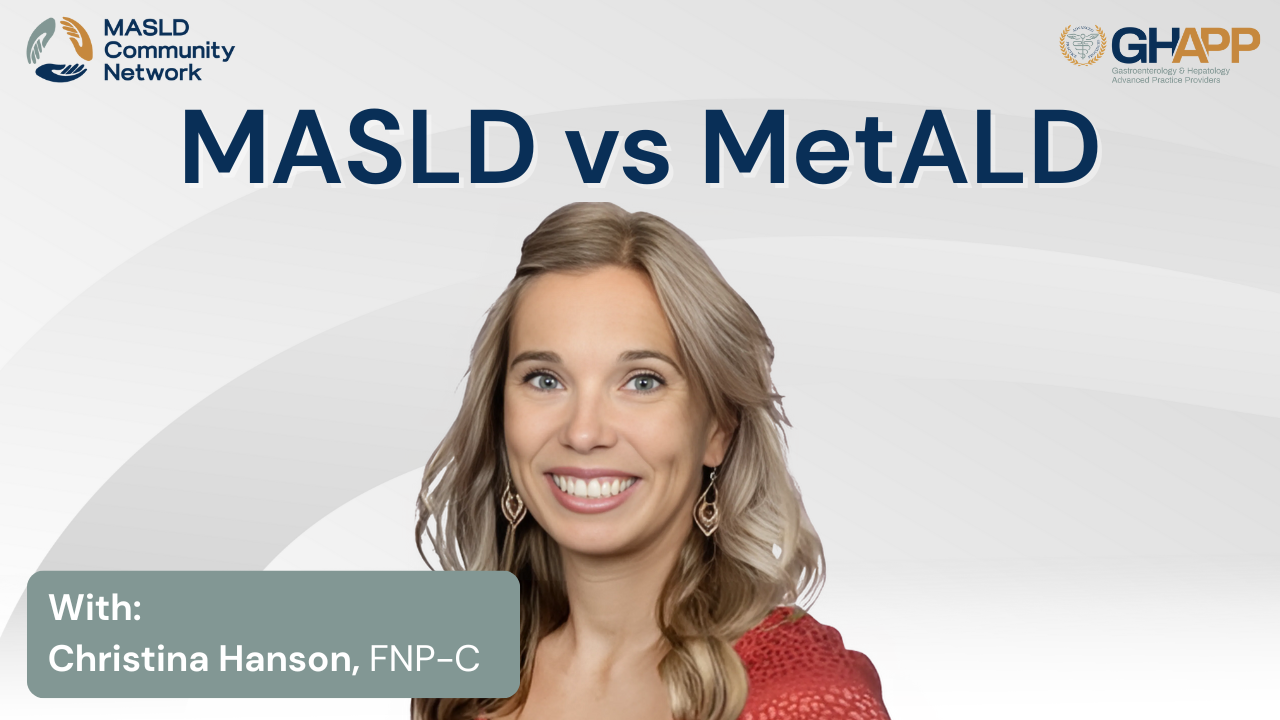
MASLD vs MetALD With Christina Hanson

Discover the latest insights on MASLD and MetALD in this educational session from the GHAPP MASLD Community Network. Christina Hanson, FNP-C, walks through a real-world case study to highlight how common metabolic conditions like hypertension, hyperlipidemia, obesity, and PCOS intersect with alcohol use to drive liver disease progression. The session explores updated nomenclature replacing NAFLD/NASH, the role of FibroScan and elastography in staging fibrosis, and the importance of screening patients with metabolic risk factors for fatty liver. Learn how alcohol consumption contributes to liver injury, triglyceride elevation, and blood pressure changes, and how objective biomarkers such as PEth testing are transforming diagnosis beyond self-reporting. Christina also reviews lifestyle interventions, dietary strategies like the Mediterranean diet, and current treatment considerations for patients with advanced fibrosis (stage 3), including when to initiate HCC screening. Whether you are a hepatologist, GI specialist, or advanced practice provider, this session provides practical tools for evaluating and managing patients with MASLD, MetALD, and related liver health challenges.
Watch Now
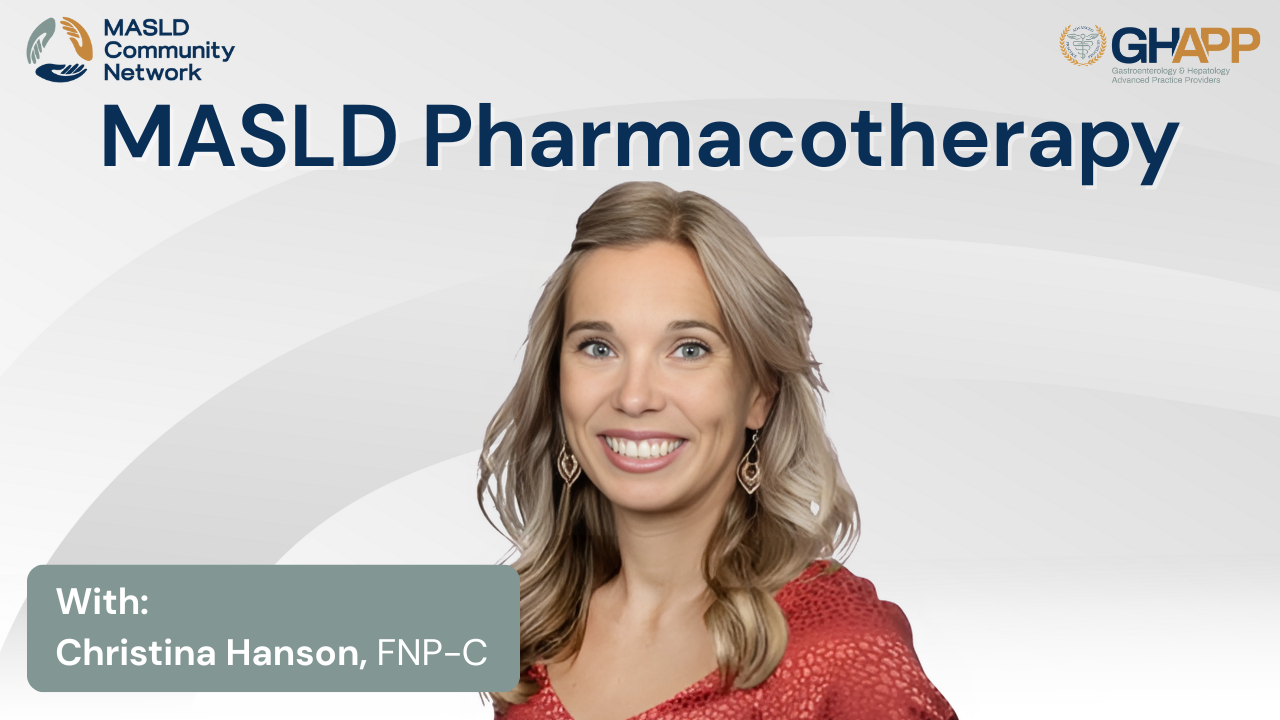
MASLD Pharmacotherapy With Christina Hanson

Learn about the latest advances in MASLD and MASH pharmacotherapy in this educational session from the GHAPP MASLD Community Network. Christina Hanson, NP, reviews the evolving landscape of treatment for metabolic dysfunction-associated steatotic liver disease (MASLD) and steatohepatitis (MASH), including the critical role of weight loss, cardiovascular risk reduction, and liver-directed therapies. The discussion covers current management strategies such as GLP-1 receptor agonists, bariatric interventions, statins, and lifestyle modification, while also exploring guideline-supported options like vitamin E and pioglitazone. Special attention is given to the first FDA-approved therapy for MASH, Resmetirom, including its mechanism, clinical trial results, safety considerations, and monitoring recommendations. Whether you are a hepatology specialist, primary care provider, endocrinologist, or advanced practice provider, this session highlights practical approaches to managing patients with MASLD and MASH and offers insights into emerging therapies that may shape future clinical practice.
Watch Now
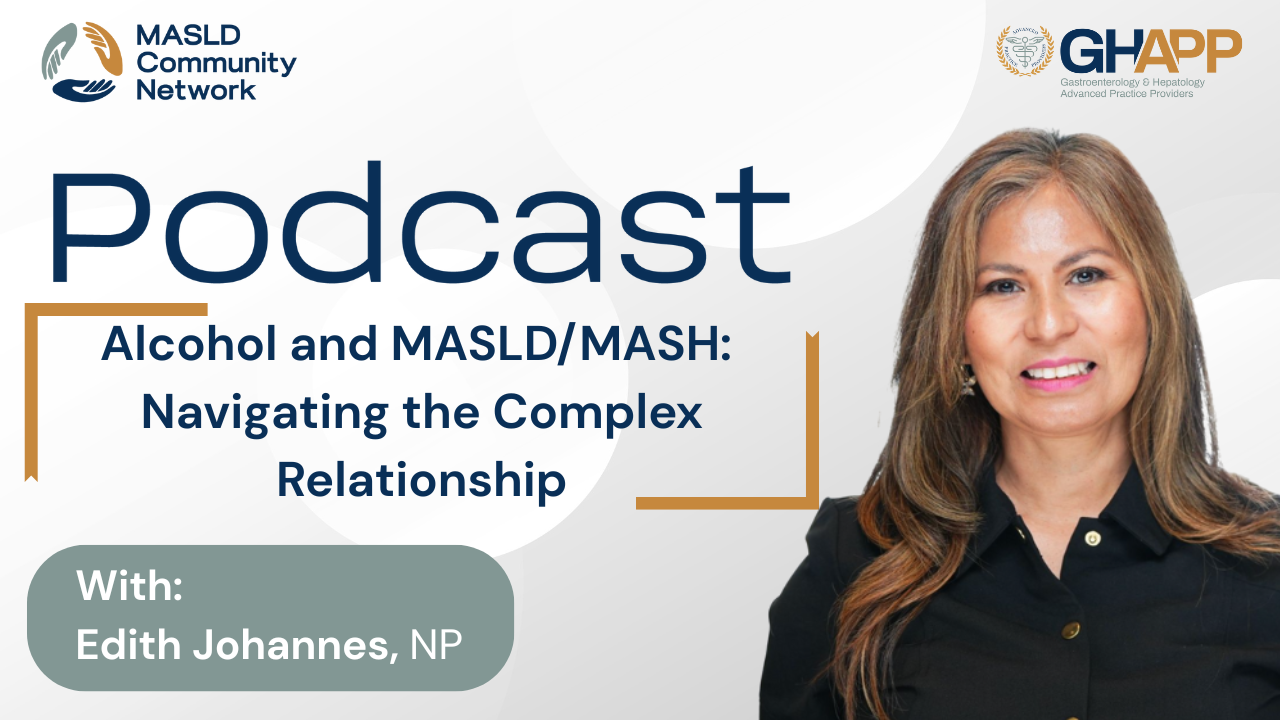
Alcohol and MASLD/MASH: Navigating the Complex Relationship

Join Edith Johannes, NP, UCLA Health, for an in-depth discussion on alcohol consumption in patients with Metabolic Dysfunction-Associated Steatotic Liver Disease (MASLD) and Metabolic Dysfunction-Associated Alcohol-Related Liver Disease (MetALD). Drawing on over 17 years of experience in liver disease and transplant care, Edith explains the clinical importance of accurately screening and quantifying alcohol use to differentiate between MASLD, MetALD, and Alcohol-Related Liver Disease (ALD). Learn the acceptable alcohol thresholds, how alcohol impacts diagnostic accuracy for fibrosis, and why precise history-taking—down to grams per day—is essential for guiding treatment. This session covers practical strategies for effective patient conversations, cultural sensitivity, use of validated screening tools (CAGE, AUDIT, AUDIT-C), and tips for uncovering underreported intake. Discover how alcohol use can confound non-invasive testing like FIB-4 and elastography, influence eligibility for pharmacotherapy, and accelerate disease progression, cardiovascular risk, and mortality. With a focus on early intervention, lifestyle modification, and multidisciplinary support for alcohol cessation, this talk provides actionable insights for improving liver health outcomes in MASLD and MetALD patients.
Watch Now
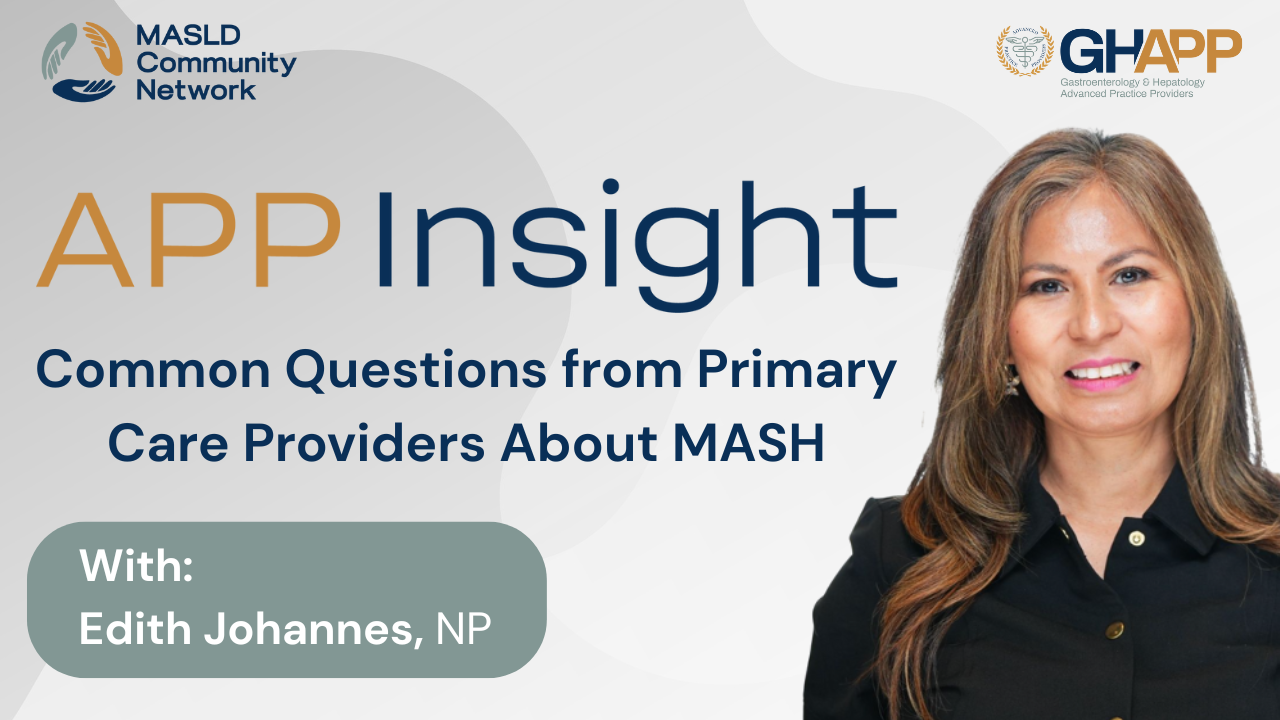
Common Questions From Primary Care Providers About MASH

In this MASLD Community Network episode, Edith Johannes, NP at UCLA Health, shares evidence-based guidance on one of the most important questions in managing Metabolic Dysfunction–Associated Steatotic Liver Disease (MASLD) and Metabolic Dysfunction–Associated Steatohepatitis (MASH): how much weight loss is needed to improve liver health. Drawing on years of experience in hepatology and liver transplant care, Edith explains how weight loss can reduce liver fat (steatosis), decrease inflammation, improve or even reverse fibrosis, and support better overall metabolic health. Research shows that achieving more than 10% weight loss can result in 100% improvement in steatosis, MASH resolution in 90% of patients, and fibrosis regression in over 80%. Even smaller amounts of weight loss—5% to 10%—provide significant liver and metabolic benefits, while exercise and dietary changes can help improve liver function even without weight loss. Edith also discusses when additional treatments like GLP-1s, bariatric surgery, or resmetirom may be needed. This video is essential for healthcare providers, patients, and caregivers seeking practical, science-backed strategies to manage MASLD and MASH effectively.
Watch Now
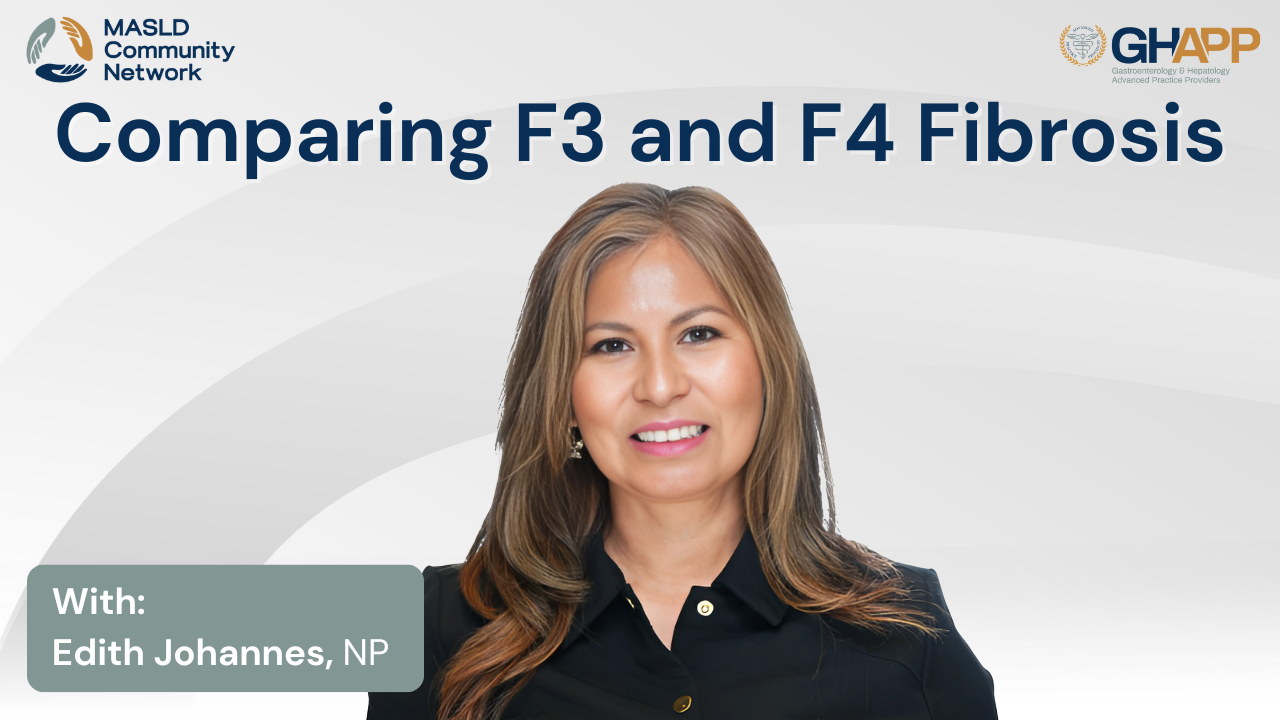
Comparing F3 and F4 Fibrosis With Edith Johannes

Join Edith Johannes, NP from UCLA Health, for a comprehensive and approachable introduction to MASLD (Metabolic Dysfunction-Associated Steatotic Liver Disease)—formerly known as NAFLD—and how to accurately diagnose it. Designed for primary care providers and early learners in hepatology, this session outlines the fundamental criteria for diagnosing MASLD and MASH, the importance of ruling out alternate causes of hepatic steatosis, and the key role of cardio-metabolic risk factors. Edith discusses how to apply non-invasive testing tools such as the FIB-4 score, ELF test, and elastography to determine fibrosis stage, along with guidance on when to consider liver biopsy and refer to hepatology. The presentation also explores the overlap between MASLD and alcohol-related liver disease, addresses the impact of genetic risk factors like PNPLA3 (particularly in Hispanic populations), and reinforces the urgent need for early detection to prevent cirrhosis and liver cancer. With clinical pearls and case-based examples, this session helps clinicians feel confident in evaluating patients for MASLD and navigating next steps for care.
Watch Now

Management of Life Style Modification

This video focuses on the comprehensive management of patients with metabolic-associated steatohepatitis (MASH), emphasizing lifestyle modifications, dietary adjustments, and exercise strategies. Key topics include the importance of addressing risk factors like diet, exercise habits, and alcohol intake, as well as referrals to medically supervised weight loss clinics or bariatric surgery for advanced cases. The speaker highlights the benefits of the Mediterranean diet, intermittent fasting, and avoiding ultra-processed foods while discussing the role of resistance training to combat sarcopenia and maintain muscle mass. Practical advice and tailored recommendations ensure a holistic approach to managing MASH and improving patient outcomes.
Watch Now

Third Step of Life Style Management

This video provides a comprehensive overview of emerging pharmacologic treatments for metabolic-associated steatohepatitis (MASH) and their tailored applications based on patient profiles. Topics include FDA-approved therapies, drugs in advanced clinical trials (such as semaglutide and lanifibranor), and the potential for combination treatments targeting both steatohepatitis and fibrosis. The speaker emphasizes the importance of patient-specific approaches considering metabolic profiles, obesity, and diabetes status, alongside lifestyle interventions. Additionally, the video discusses the evolving interdisciplinary care model and highlights the exciting progress in non-invasive testing and treatment advancements for F2-F3 fibrosis.
Watch Now

Approved Medication for MASH/NASH

This video provides detailed guidance on selecting and monitoring patients for emerging therapies targeting advanced fibrosis (F2-F3) in NASH. Key topics include contraindications for patients with cirrhosis, considerations for concomitant medications, and dose adjustments for statins. The video outlines ideal candidates based on specific thresholds for VCTE, MRE, ELF scores, and other non-invasive tests while emphasizing the importance of ruling out portal hypertension and other liver diseases. It also reviews a stepwise monitoring approach, focusing on tolerability at three months and efficacy assessments at six and twelve months, with an emphasis on histologic and non-invasive test improvements.
Watch Now

Types of Diet for the Treatment of MASLD

This video explores comprehensive strategies for managing metabolic-associated steatohepatitis (MASH), focusing on fibrosis risk stratification, lifestyle modifications, and pharmacologic interventions. Learn about dietary recommendations like the Mediterranean diet, exercise guidelines emphasizing resistance training, and the role of intermittent fasting and processed food avoidance. The video also highlights weight loss targets, diabetes management, and emerging therapies such as GLP-1 receptor agonists and bariatric surgery, all aimed at improving liver health and patient outcomes.
Watch Now

NITs to Identify High Risk MASH Patients

Explore advancements in non-invasive diagnostics and risk stratification for liver fibrosis and MASH. This video highlights tools like FIB-4, transient elastography, and innovative scoring systems (e.g., FAST and Agile) to identify and predict outcomes for high-risk patients. Learn about serum biomarkers, updated guidelines, and the role of lifestyle interventions alongside targeted therapies for managing metabolic risks and advancing care in hepatology.
Watch Now






